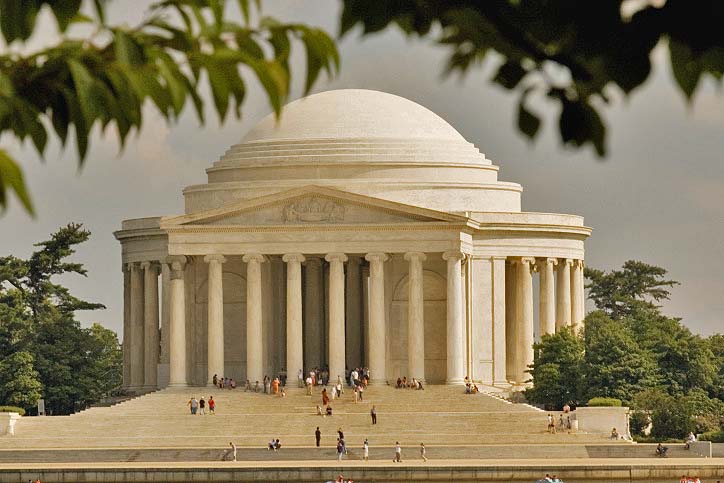|
|
LITR 4231
Early American Literature 2010 research post 2 |
|
Bethany Ellis
Aftermath of Revivalism . . . or Road to Revolution?
One of the most common themes in our course was the idea of change over time. I have noticed how American culture goes through cycles, as does everything else in life. We have seasons of rigidity, as evidenced in the Puritan colonization of America, seasons of lax, and the doldrums in between. My research posts have focused primarily on the Great Awakenings that spread throughout the United States in the 1740s. In this post, I want to track the effects of the Awakenings. Did it truly cause the rigid reformation they sought?
One of the sources I used is a book called Don’t Know Much about History by Kenneth C. Davis. It claims to tell you ”everything you need to know about American history but never learned.” My dad bought it for my roommate who knows absolutely nothing about American History (she told him once that she thought Thomas Jefferson was president during the Civil War). I found it quite interesting that it had a section on the Great Awakening. It primarily attributes the Awakening to Jonathan Edwards and George Whitefield, but what I found most interesting was that the book emphasized the effects on the lower classes. According to Davis, “their ardent followers tended to be lower or middle class,” while they alienated the upper classes. And these differences “threatened to turn radical” (Davis 57). Another interesting source, www.great-awakening.com, stated that these factions turned lethal for the Puritan and Anglican churches. As the Great Awakening spread, it divided the churches. Denominations grew immensely and their numbers dwindled. By 1790, only 2.5% of the congregations in the United States were Puritan or Anglican.
An article by Christine Leigh Heyrman, who works for the Department of History at the University of Delaware, specifies the different denominations that formed from these splits. According to her, the colonists were “sharply polarized along religious lines.” The Baptists gained many members from the more radical evangelic converts, however the largest group identified with the Congregationalists and the Presbyterians. (http://nationalhumanitiescenter.org/tserve/eighteen/ekeyinfo/grawaken.htm). One of the most important effects of the Great Awakening, however, is its final blow to theocracy in America. According to the website http://www.wfu.edu/~matthetl/perspectives/four.html, ministers stopped having control of the colonies. Religion became democratized.
The Great Awakening laid the grounds for the American Revolution. It united America under the Christian belief system, but it divided them on how to properly follow Christ. It perhaps laid the grounds for the separation of Church and State. It caused a total rejection of theocracy, adding to the bad taste in the mouths of colonists. They saw religions power to divide and understood why tolerance was so important for solidarity.
|
|
|
|


